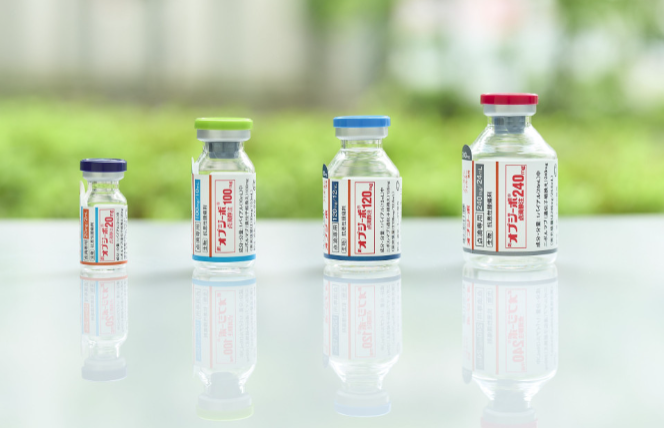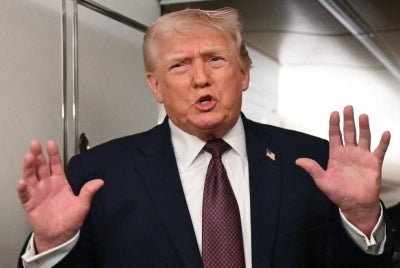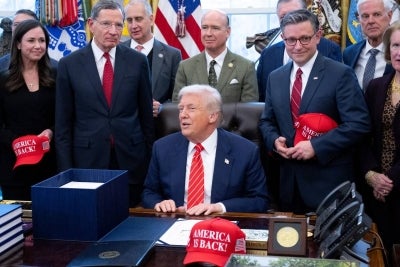Life-saving cancer drug a boon for patients, but its price prompts debate
While it is highly effective in treating multiple types of cancer, its extremely high price has reignited the debate over how best to manage expensive drugs.

TOKYO - Nivolumab, an immune checkpoint inhibitor praised for its groundbreaking approach to cancer treatment, marked its 10th anniversary this month following its release by Ono Pharmaceutical Co. under the brand name Opdivo, Kyodo News Agency reported.
While it is highly effective in treating multiple types of cancer, its extremely high price has reignited the debate over how best to manage expensive drugs. This involves balancing the financial burden on the healthcare system and patients with the need for pharmaceutical firms to maintain the incentive to produce new life-saving medicines.
"If there had been even the slightest delay in approval (of Opdivo) I would have died," said Koichi Shimizu, 47, a labour and social insurance consultant in Sakura, Chiba Prefecture, near Tokyo. Shimizu had come to terms many times with the prospect of dying after the lung cancer found in 2012 spread to his brain and spinal fluid.
He received a dose of Opdivo in 2016 when it had just been approved for lung cancer therapy, and the tumour quickly shrank. He is thankful that the drug was approved "just in time to save my life."
Opdivo was developed based on research by Tasuku Honjo, a distinguished professor at Kyoto University who won the 2018 Nobel Prize in Physiology and Medicine. Unlike conventional anti-cancer drugs, Opdivo uses the body's immune system to kill cancer cells.
In 2014, Opdivo was launched for the treatment of melanoma, a type of skin cancer. The application of the medication has since spread to 13 types of cancer, including lung and stomach cancers. An estimated 190,000 patients have been administered the drug.
But Opdivo is extremely costly. For the treatment of lung cancer, it was initially said to cost some 35 million yen ($243,000) a year. Since public insurance programs, such as the high-cost medical reimbursement system, cover patients' co-payments, Shimizu needed to pay only about 25,000 yen per month in real terms.
Ballooning overall national medical expenditures, however, have squeezed public finances. As a result, Opdivo has had its price reduced six times and is now less than one-fifth the original cost.
Lately, some high-cost drugs have been introduced by Japanese pharmaceutical companies, such as Eisai Co.'s Lecanemab, sold under the brand name Leqembi, for the treatment of Alzheimer's disease.
According to the health ministry, national healthcare expenditures in fiscal 2021 hit a record above 45 trillion yen, and the estimate is that the figure will continue to rise over the following fiscal years and beyond.
Although a price cannot be put on a person's life, public expenditures other than insurance premiums and patient co-payments have reached 17 trillion yen, leaving little room for further expansion.
Drug makers are aware of the situation. Gyo Sagara, chairman of Ono Pharmaceutical, said, "Holding pharmaceutical prices in check to some extent is unavoidable to maintain universal health insurance."
However, if prices are lowered simply on the impression that they are too expensive, investment decisions on new drug development will be affected.
If price reductions are imposed on the market, there is also the fear drugs from overseas pharmaceutical companies for rare diseases may stop being available in Japan.
Shimizu, who was administered Opdivo for about eight months, is concerned about future cancer patients.
'It would be unfortunate for future patients if good drugs are no longer available,' he said.
While acknowledging the difficulty of the issue, he hopes that a way forward can be found through broad discussions, including input from patients themselves. - BERNAMA
Download Sinar Daily application.Click Here!














